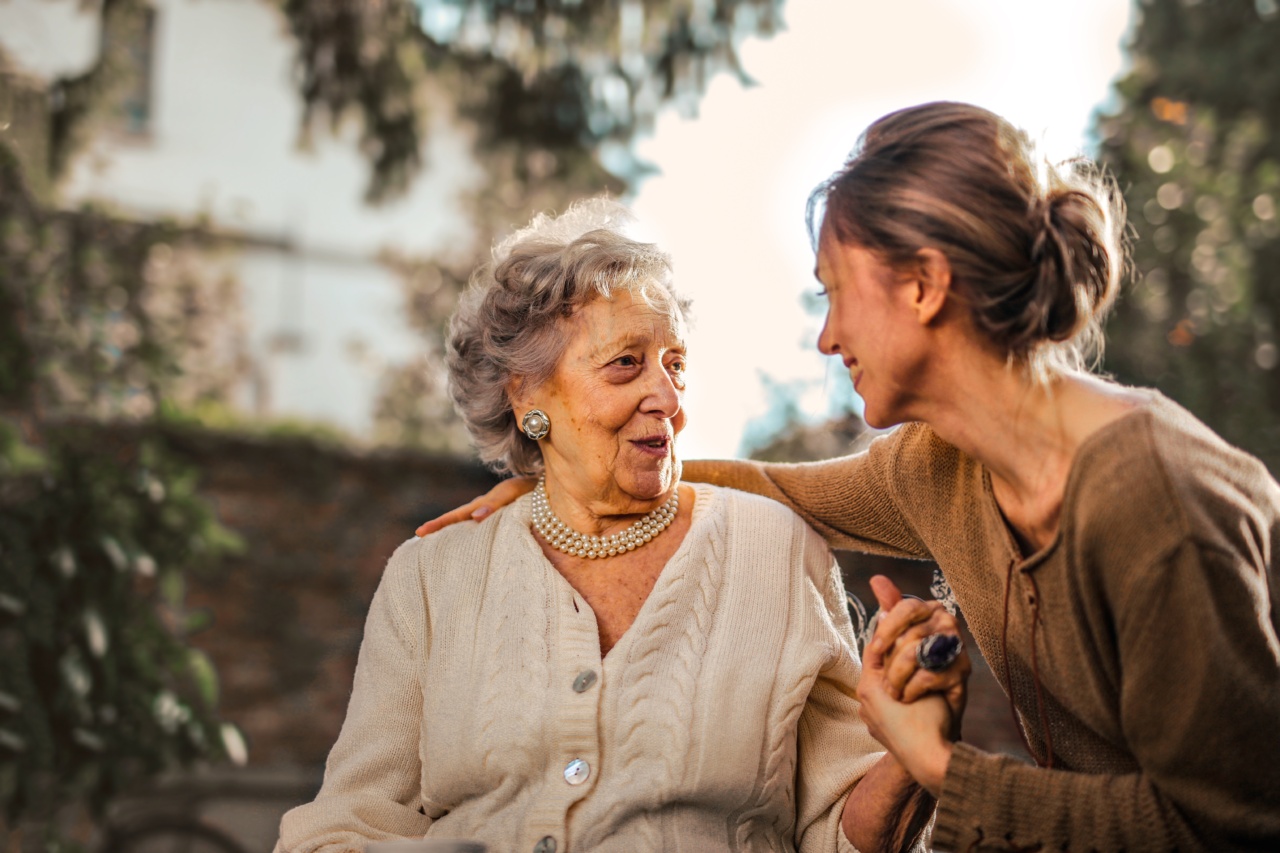Aging is a natural process that happens to everyone. As we grow older, our body undergoes biological changes that result in physical and mental decline. However, not everyone ages at the same rate. Some people seem to age faster than others.
Many factors contribute to the burden of aging, and some of them are outside of our control, while others are influenced by the choices we make throughout our lives.
Genetics
Our genetic makeup has a significant influence on how we age. It determines how long we will live, how we will age, and what age-related diseases we are likely to develop.
Some people have inherited genes that predispose them to age-related diseases such as Alzheimer’s or cancer, while others have inherited protective genes that help them remain healthy and active well into old age.
Scientists have discovered specific genes that are linked to aging, such as the telomerase gene, which plays a role in repairing DNA damage. Telomeres are the protective caps that sit at the ends of our chromosomes, and they shorten as we age.
The shorter our telomeres, the older our cells become. Some people have naturally longer telomeres, which means that their cells age more slowly.
Lifestyle Factors
Our lifestyle choices also play a significant role in how we age. Eating a healthy diet, engaging in regular exercise, avoiding smoking and excessive alcohol consumption, and managing stress can all help to slow down the aging process.
On the other hand, a poor diet, lack of exercise, smoking, and high-stress levels can contribute to premature aging.
A study conducted by the University of California found that people who engaged in regular physical activity had longer telomeres than those who were sedentary.
Exercise not only helps to keep us physically fit, but it also helps to reduce chronic inflammation, which is linked to many age-related diseases, including heart disease and cancer.
Similarly, a healthy diet rich in fruits, vegetables, whole grains, and lean protein can provide our bodies with essential nutrients and antioxidants that help to combat cellular damage caused by aging and reduce the risk of chronic disease.
Environmental Factors
Environmental factors such as exposure to pollution, toxins, and radiation can also contribute to premature aging. UV radiation from the sun, for example, can cause skin damage, wrinkles, and age spots.
Air pollution can cause respiratory problems, cardiovascular disease, and other health issues that can shorten our lifespan.
Our modern lifestyle also exposes us to many toxins, such as pesticides, plastics, and chemicals found in the foods we eat, the products we use, and the air we breathe.
These toxins can accumulate in our bodies over time and contribute to chronic inflammation, cellular damage, and disease.
Gender Differences
Studies have shown that there are gender differences in the aging process. Women tend to live longer than men, but they also experience more age-related health problems.
Men, on the other hand, tend to experience more sudden and severe health problems as they age, such as heart attacks and strokes.
One reason for this difference is that men tend to engage in riskier behaviors such as smoking, drinking, and driving at high speeds, which can increase their risk of premature death.
Women, on the other hand, tend to be more cautious but are more likely to experience chronic diseases such as osteoporosis, arthritis, and Alzheimer’s disease.
Socioeconomic Status
Our socioeconomic status can also affect how we age. People from low-income backgrounds are more likely to experience chronic stress, have limited access to healthcare, and engage in unhealthy behaviors such as smoking and excessive drinking.
These factors can contribute to premature aging and the development of chronic diseases.
On the other hand, people from higher-income backgrounds tend to have more access to healthcare, better nutrition, and more opportunities for physical activity, which can help to slow down the aging process and reduce the risk of chronic disease.
Mental Health
Mental health also plays a critical role in the aging process.
Chronic stress, anxiety, and depression can have physical effects on our bodies, such as increasing inflammation and weakening our immune systems, which can make us more susceptible to disease. Mental health problems can also have social and economic effects, such as social isolation and financial insecurity, which can contribute to premature aging.
On the other hand, maintaining good mental health through activities such as meditation, socializing, and engaging in hobbies can help to reduce stress and promote overall wellbeing.
Conclusion
The burden of aging is a complex phenomenon that is influenced by many factors.
While we cannot control our genetic makeup, we can make choices that help to slow down the aging process, such as engaging in regular exercise, eating a healthy diet, avoiding harmful substances, and managing stress. By understanding the factors that contribute to aging, we can take steps to protect our health and wellbeing as we age.






























